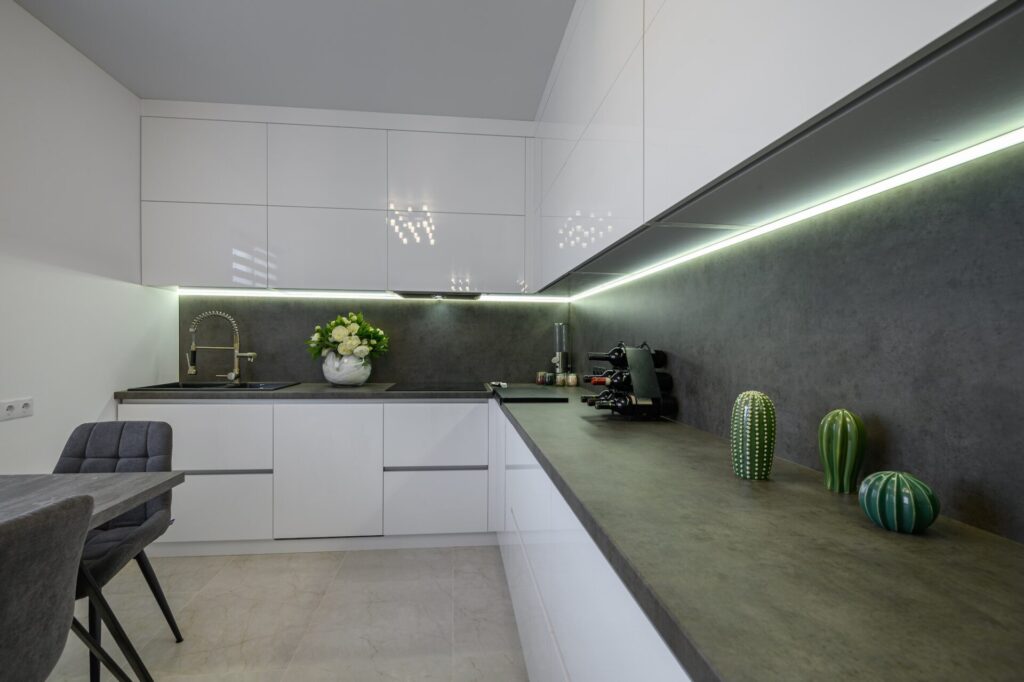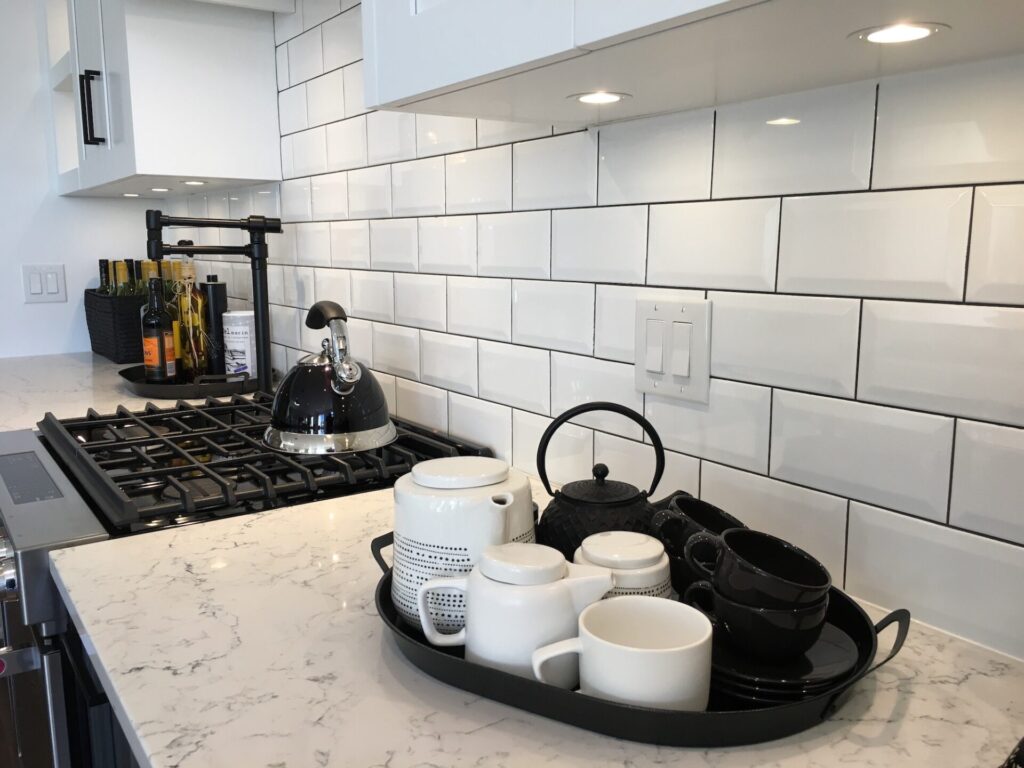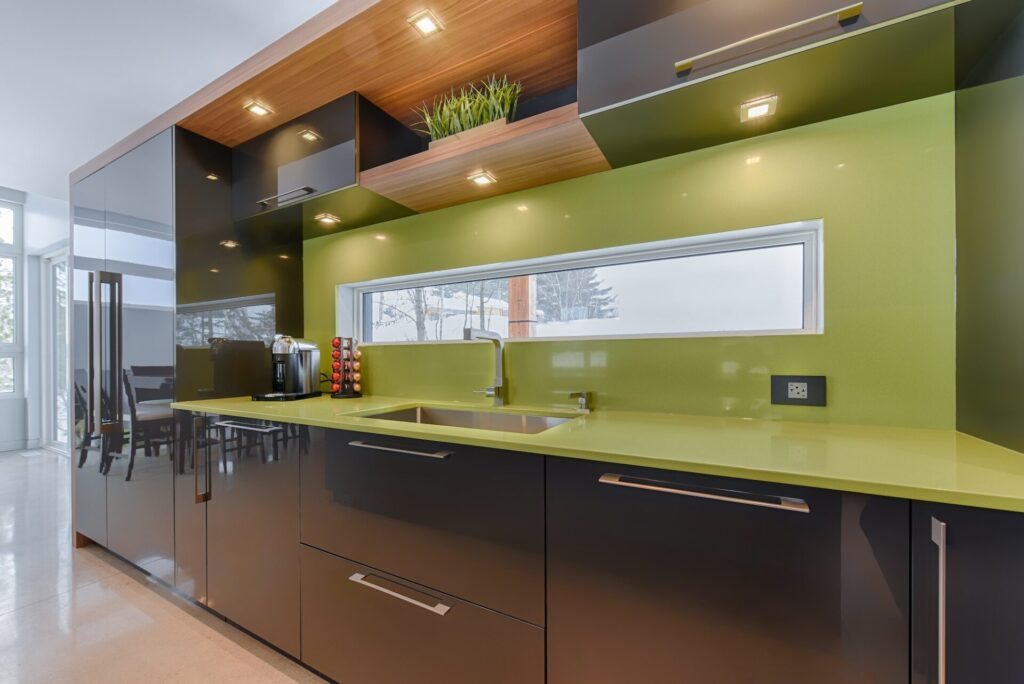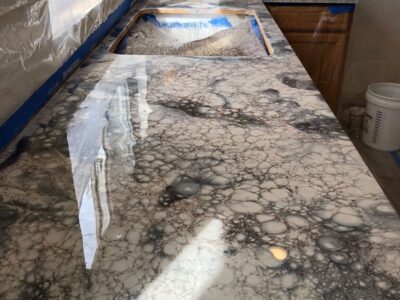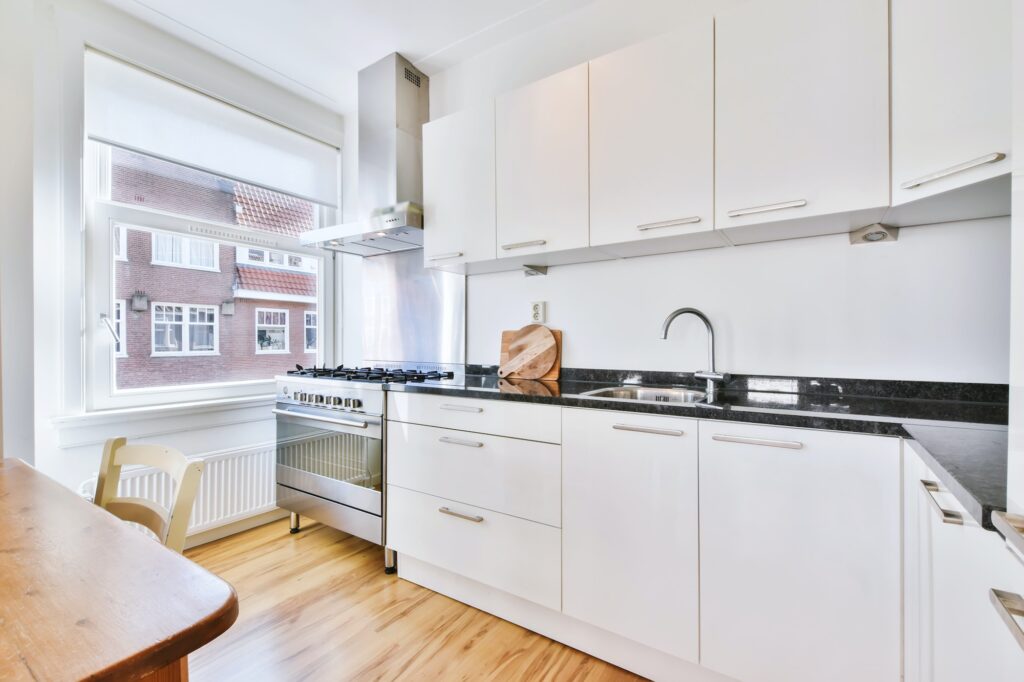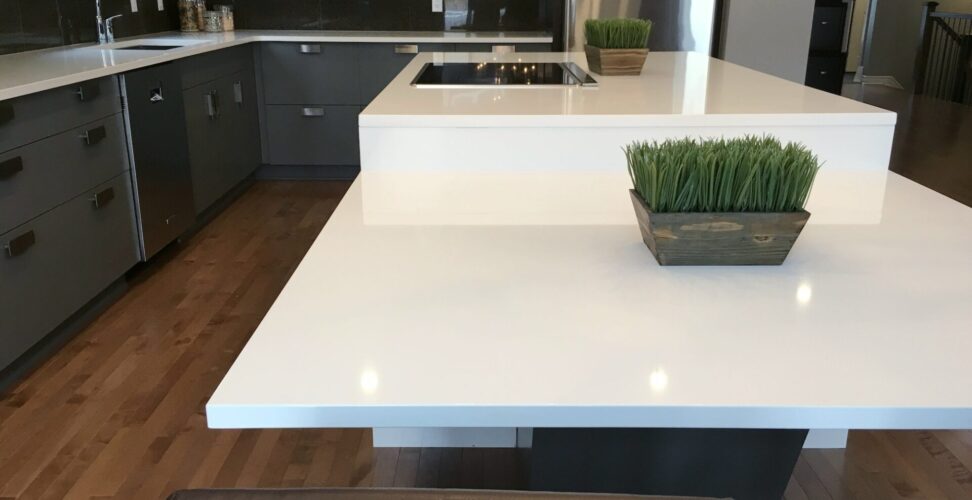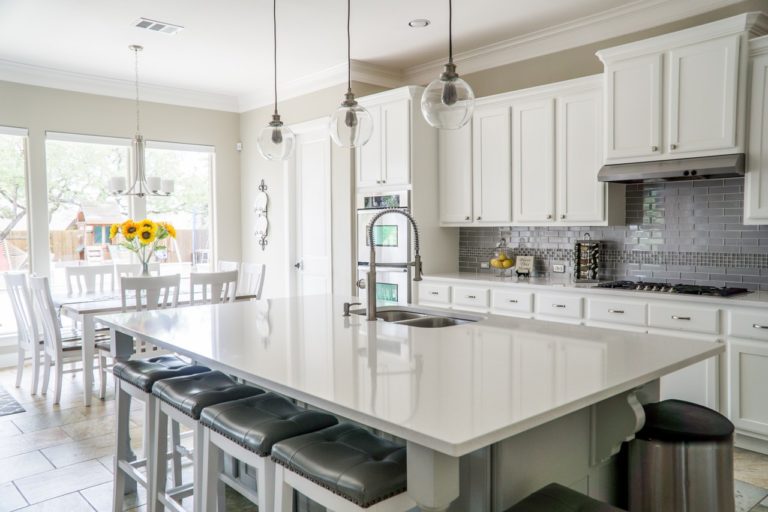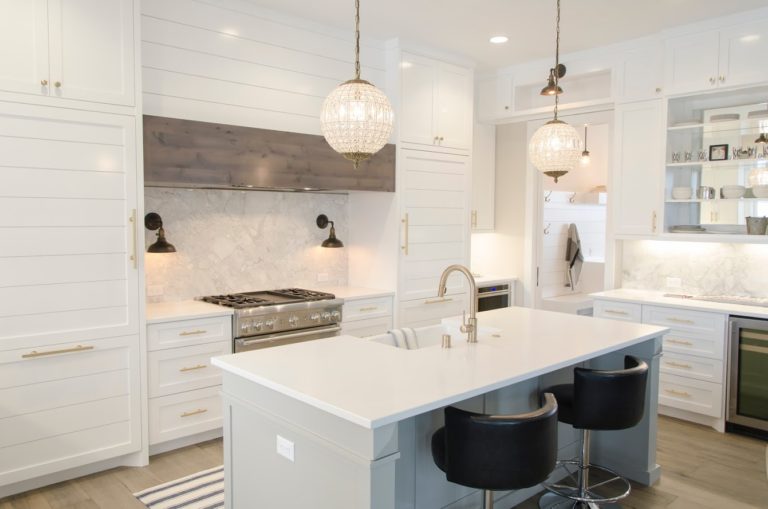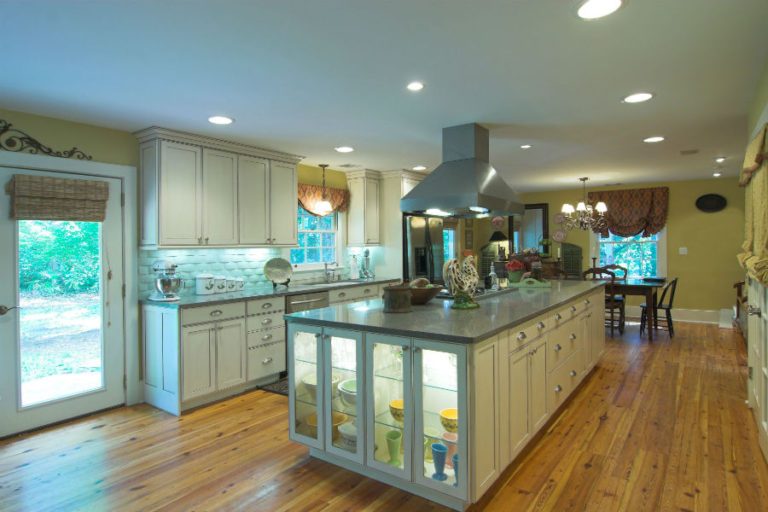10 Popular Kitchen Countertop Materials and Their Pros and Cons
Are you planning a kitchen renovation and wondering which countertop material will best suit your style and budget? With so many options available, choosing the right kitchen countertop can be overwhelming. In this blog, we will discuss ten popular kitchen countertop materials and their pros and cons, to help you make an informed decision.
Granite Countertops: Granite is a natural stone and one of the most popular countertop materials in the market. It’s durable, heat-resistant, and comes in a wide variety of colors and patterns. However, it can be quite expensive and requires regular maintenance to prevent staining and chipping.
Marble Countertops: Marble is another natural stone that offers a luxurious and timeless look. It’s heat-resistant and perfect for baking and pastry-making. However, marble is softer than granite, prone to scratches, and requires regular sealing to prevent stains.
Quartz Countertops: Quartz is an engineered stone that mimics the look of natural stone without the maintenance. It’s durable, heat-resistant, and comes in a wide variety of colors and patterns. However, it’s more expensive than some natural stone options.
Solid Surface Countertops: Solid surface countertops are made from acrylic or polyester resins and offer a seamless look with no visible seams or joints. They are non-porous, hygienic, and easy to clean. However, they are less heat-resistant than natural stone and can scratch or chip easily.
Concrete Countertops: Concrete countertops offer a modern and industrial look with endless customization options. They are durable, heat-resistant, and can be formed into any shape or size. However, they are porous and require regular sealing to prevent stains.
Butcher Block Countertops: Butcher block countertops are made from wood and offer a warm and natural look. They are perfect for food preparation and can be sanded and refinished to remove scratches and stains. However, they require regular maintenance and are not heat-resistant.
Ceramic Tile Countertops: Ceramic tile countertops offer a wide variety of colors, patterns, and textures, and are relatively inexpensive. They are durable, easy to clean, and heat-resistant. However, the grout lines can be difficult to clean and can harbor bacteria.
Laminate Countertops: Laminate countertops offer a wide variety of colors and patterns and are relatively inexpensive. They are easy to clean, non-porous, and resistant to stains and scratches. However, they can be easily damaged by heat and are not as durable as other countertop materials.
Recycled Glass Countertops: Recycled glass countertops are made from crushed glass mixed with a binder material, offering a unique and eco-friendly look. They are durable, heat-resistant, and come in a variety of colors and patterns. However, they can be quite expensive and require sealing to prevent staining.
Stainless Steel Countertops: Stainless steel countertops offer a sleek and modern look, perfect for contemporary kitchens. They are durable, heat-resistant, and easy to clean. However, they can scratch easily and show fingerprints and watermarks.
There are many countertop materials to choose from, each with its own set of pros and cons. When choosing the right material for your kitchen, consider your style, budget, and lifestyle to ensure the best fit. Whether you prefer natural stone, engineered materials, or something unique, there is a countertop material out there that will meet your needs.
